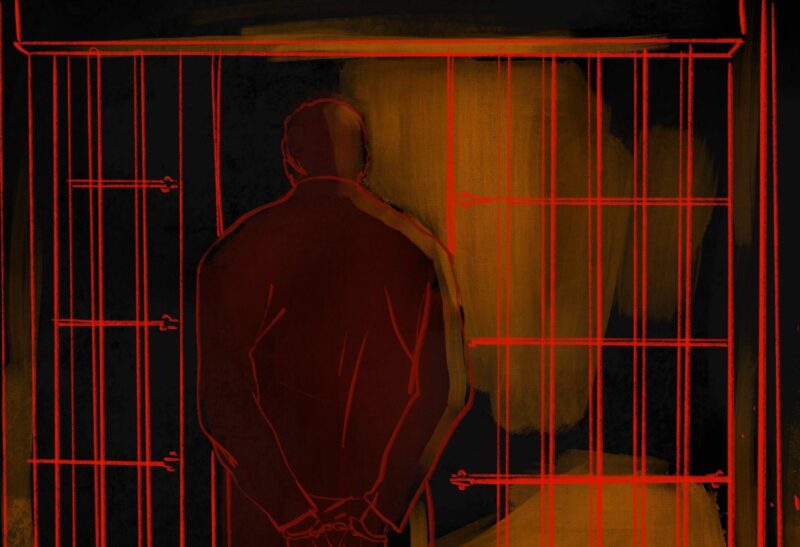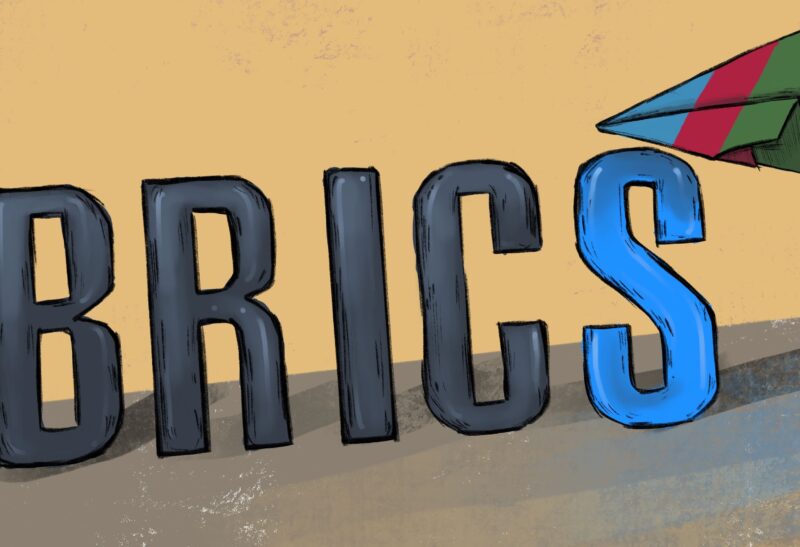On January 23, the OSCE Office for Democratic Institutions and Human Rights Election Observation Mission (EDOM) released an Interim Report, covering the period from December 23 to January 19, ahead of Azerbaijan’s upcoming presidential election on February 7.
The report addressed various issues, noting that technical changes made to the Election Code did not address previous recommendations of the National Election Commission, and observed deficiencies remained unresolved. Furthermore, the report highlighted that the decisions of the European Court of Human Rights had not been implemented.
The document also pointed out concerns related to two new laws on media and political parties. Despite the government’s assertion that these laws aim to foster a favorable environment for media and political entities, the report emphasized that they are perceived as narrowing the space for freedom of expression and association.
One notable aspect mentioned in the report is the absence of women among the candidates, with each of the other six candidates openly supporting the incumbent, President Ilham Aliyev. The main opposition parties, not included in the parliament, are not participating in the election, and one of them has called for a boycott.
The OSCE report underscored the challenges faced by media organizations and journalists, citing detentions and arrests over the last three months. The restrictive nature of the new media law, the ban on foreign funding for media, and the blocking of critical media sites within the country were also flagged as causes for concern.
The report expressed apprehension about the restrictions outlined in the Law “On Media,” particularly the de facto compulsory registration of media organizations and journalists, the ban on foreign funding for 35 media outlets, and the nationwide blocking of certain critical media sites.
Despite establishing an Expert Group in the Central Election Commission (CEC) to address election complaints, the report noted that no complaints had been received as of January 19. The report highlighted concerns from civil society organizations, indicating administrative obstacles in the registration of observer groups and restrictions on foreign funding, limiting their ability to prepare and implement observation activities.
Responding to the report, Akif Gurbanov, the speaker of the Third Republican Platform, expressed his opinion, noting a perceived shift in the report’s style and rhetoric compared to previous ones. He suggested a softer technical approach but emphasized that certain issues were not adequately addressed.
Mammad Mammadzadeh, head of the Election Observation Alliance, considered the report’s soft nature typical in the current political environment, emphasizing that the complete assessment would be presented in the initial and final reports.
With an extraordinary presidential election scheduled for February 7, 2024, the report has sparked discussions on the transparency and fairness of the electoral process in Azerbaijan. As election day approaches, the OSCE Mission is expected to present its final report, offering a comprehensive evaluation of the entire electoral process.



